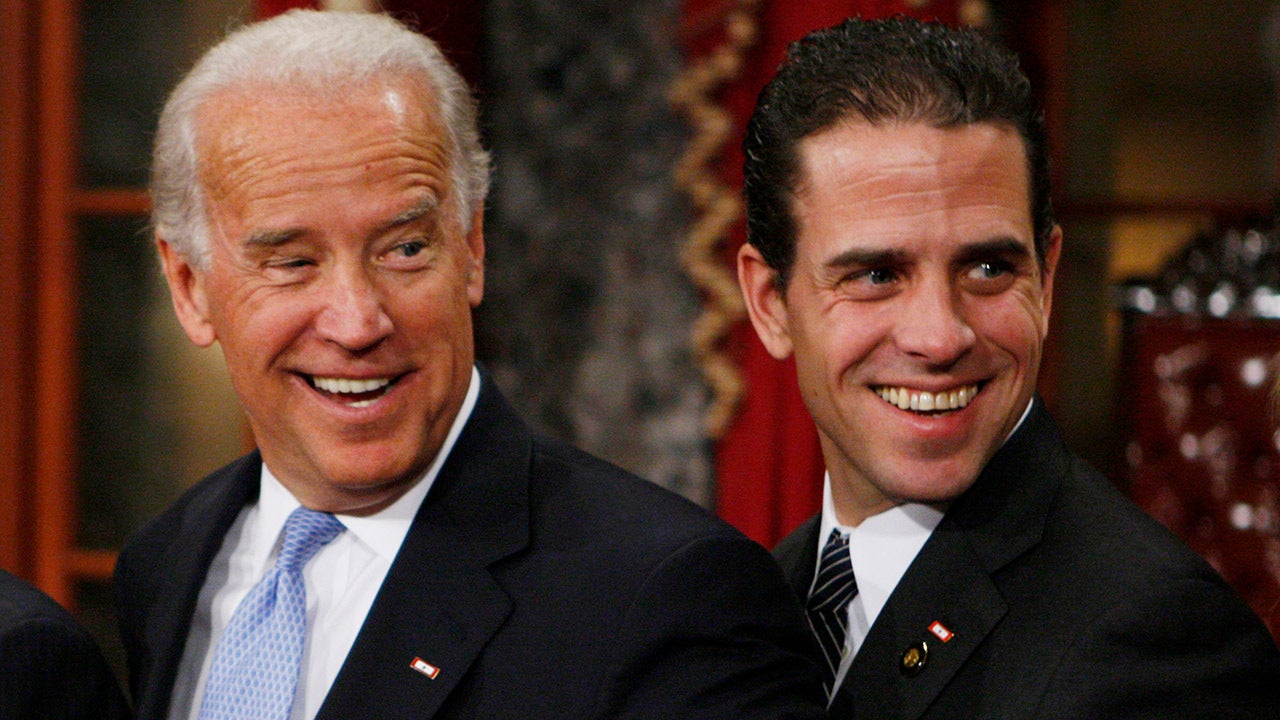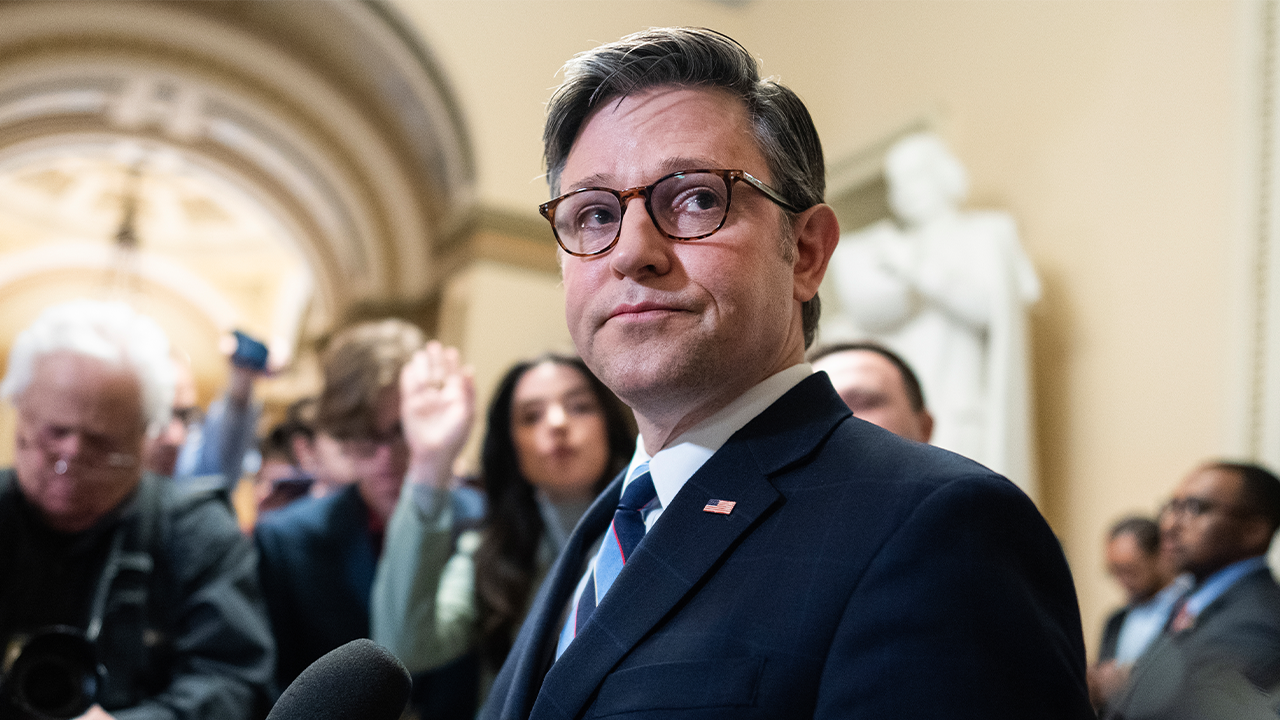‘No one is above the law’: In Hunter pardon, Biden breaks with longtime views of presidential power

President Joe Biden is facing intense criticism for his recent decision to issue a sweeping pardon for his son, Hunter Biden. Detractors are not only pointing to the broad scope of the pardon itself but also highlighting the stark departure it represents from the president’s previous stance on the importance of judicial oversight in preventing executive overreach.
This outcry comes in the wake of President Biden’s impassioned speech in July, in which he condemned a Supreme Court ruling that expanded the concept of presidential immunity. The ruling, which granted presidents absolute immunity from actions taken within the scope of their core constitutional powers, was vehemently opposed by Biden for its potential to undermine the checks and balances in place to curb presidential authority.
Speaking out against what he saw as a dangerous precedent, Biden emphasized the founding principle that no one, not even the president, is above the law in the United States. He warned against the erosion of necessary limits on presidential power, cautioning that unchecked authority could test not only a president’s judgment but also their character.
Fast forward to the present, and Biden’s decision to pardon Hunter Biden has sparked a fresh wave of criticism. The sweeping protection covers any federal crimes Hunter may have committed from 2014 to 2024, a move that some see as a stark reversal of Biden’s previous commitments to upholding the rule of law.
In justifying the pardon, President Biden decried what he called the unfair targeting of his son in a politically motivated investigation and prosecution. He asserted that Hunter had been singled out solely because of his relation to the president, leading to what he described as a miscarriage of justice.
However, critics have raised concerns that the pardon could further undermine public confidence in the Justice Department. By granting such extensive protection to his son, Biden is seen by some as validating former President Trump’s assertions that the DOJ can be manipulated for political ends rather than acting as an impartial arbiter of justice.
As the debate rages on, it remains to be seen how President Biden’s decision will impact his standing with both supporters and detractors. The tension between executive power and judicial oversight continues to be a central theme in American politics, with each new development offering fresh fodder for scrutiny and debate.




